Our Team
Professor of Systems Medicine
Jingyuan Fu
With my team, I study systems medicine, with a particular focus on integrative genomics and host−microbe interactions in complex diseases. I obtained a BSc in Biochemistry, an MSc in Biotechnology and Bioinformatics (cum laude) and a PhD in systems genetics (cum laude). Via this route I developed my research line on systems genetics in complex traits and became an expert in integrative genomics and systems biology. My research aims to acquire a greater knowledge of how the human genome and gut microbiome interact and affect human health in order to create better methods for disease prediction, prevention and treatment. To accomplish this, my work combines large-scale genetic and microbial association studies in large groups of individuals with functional studies using advanced bacterial culturing and organ-on-a-chip technologies.
I have been awarded numerous prestigious personal grants (NWO VENI-VIDI-VICI and ERC-CoG) and several (inter)national consortia grants. I received theAMMODO Science Award in 2023 and have been recognized as a “Highly Cited Researcher” by Web of Science since 2020. In February 2025, I was elected a KHMW member.
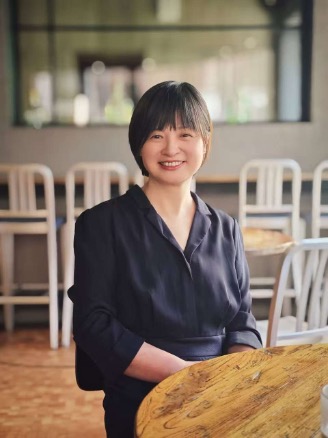
j.fu@umcg.nl
Junior Principal Investigator
Daoming Wang
I received a PhD degree in Genomics from the University of the Chinese Academy of Sciences. I’m now supported by the prestigious NWO Veni talent program and working in Prof. Fu’s group as a junior principal investigator. Life is an emergent phenomenon with self-organizing and self-replication properties that go beyond a simple sum of its non-living components. This makes systems thinking crucial in modern biology research, and I am dedicated to decoding biosystems in a systematic view using data science approaches. In this context, the holobiont—the organic entity formed by a host and its symbiotic microbes—is an excellent model to study the complex biosystem. Currently I focus on the study of multi-omics integration of holobiont, gut microbial genetics and its role in human health.
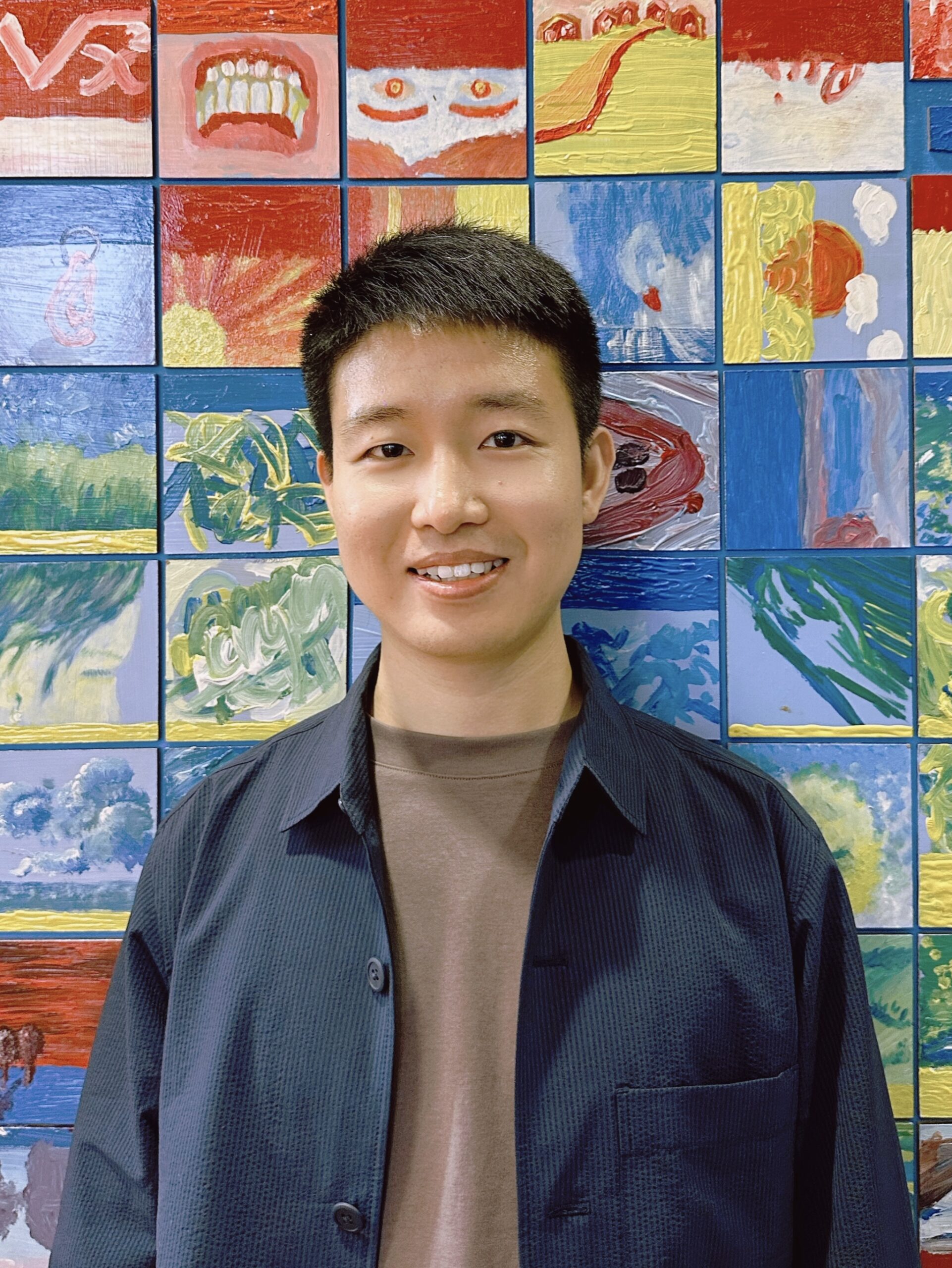
d.wang@umcg.nl
Phd student
Victoria Palasantzas
I am deeply interested in how the interaction between nutrition and metabolic diseases affects the gut−liver axis. I have written an (awarded) PhD proposal about how we can study metabolic steatotic liver disease using advanced humanized in vitro model systems. In my project I make use of different hepatocyte models to investigate which features in existing cancer-derived and healthy tissue cell lines make a model suitable for studying steatotic liver disease and what are the key factors driving the progression of steatotic liver disease towards steatohepatitis. Lastly, I have been involved in advancing personalized medicine targeting the liver using stem-cell-derived hepatocytes combined with microfluidic technology to create a personalized liver on chip system to study liver metabolism. I also co-organize many events for the Fu Lab such as yearly group retreats and meetings.

v.e.j.palasantzas@umcg.nl
Phd student
Isabel Tamargo Rubio
With a BSc in Pharmacy and MSc in Advanced Therapies, my PhD research is focussed on the development and application of personalized model systems to improve personalized medicine. Current in vitro model systems for drug testing miss important parameters that recapitulate inter-patient variability in drug response. In this project, I am trying to incorporate genetics in a novel liver in vitro model system by combining stem cells and organ-on-a-chip technologies. The end goal of this multidisciplinary project is to understand the effect of genetics on drug response that can help to implement personalized posology regimes, and ultimately reduce drug withdrawal rates.
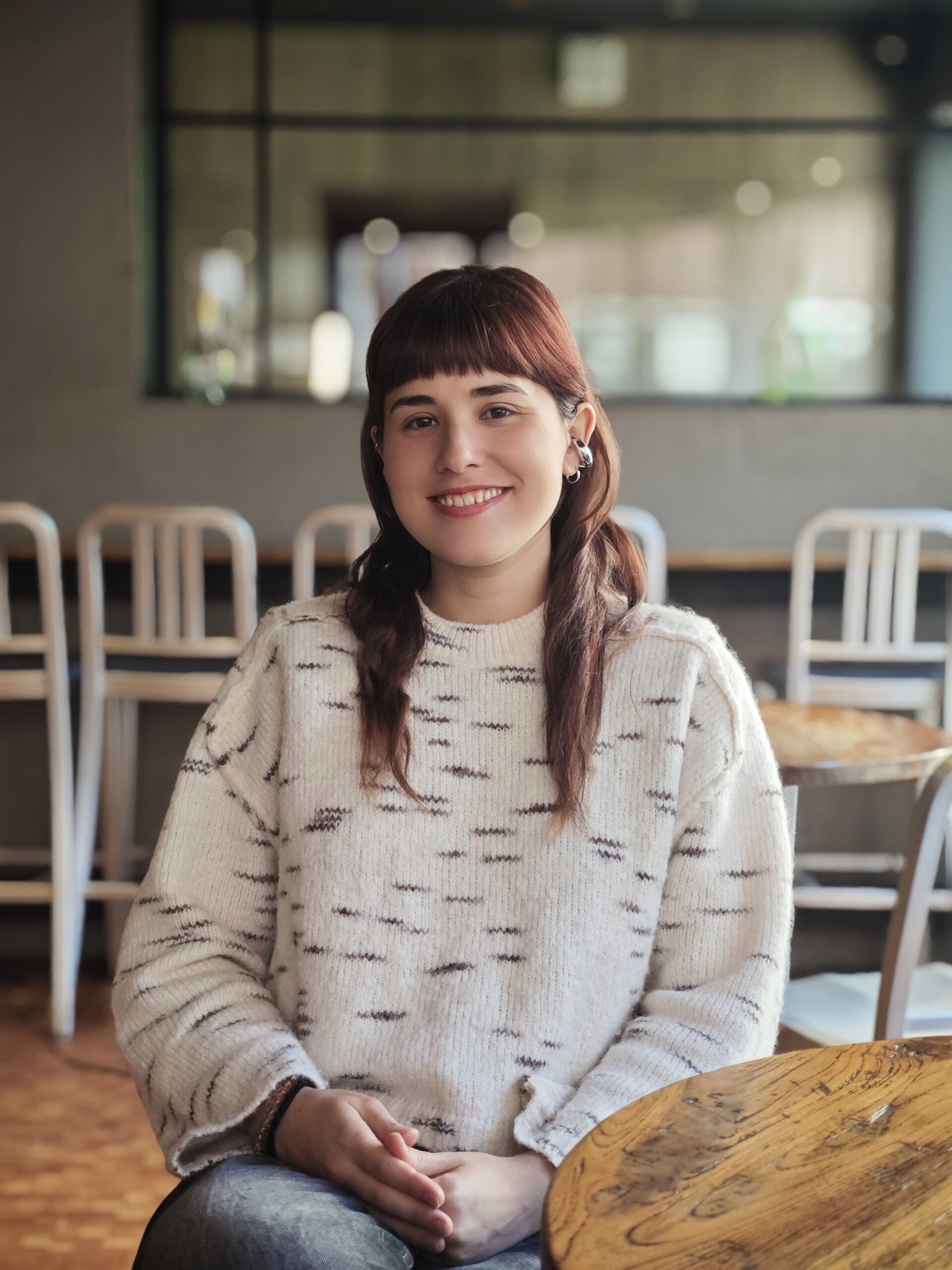
i.tamargo.rubio@umcg.nl
Phd student
Yue Zhang
After completing a BSc in Clinical Medicine, I pursued a Master’s in Clinical Oncology, where I studied the gut microbiome in patients with colorectal cancer, aiming to uncover links between microbial changes and chemoradiotherapy-related side effects. In 2021, I began my PhD journey in the Fu Lab. My research focuses on exploring the role of the gut microbiome in aging and immune function, particularly among people living with HIV, with an emphasis on identifying microbial signatures associated with frailty and chronic inflammation.

y.zhang@umcg.nl
Phd student
Ángela del Castillo Izquierdo
Following my passion for evolution, microbial ecology and human−microbiome interactions, my PhD focusses on investigating the complex interplay between human-targeted drugs and the gut microbiota. To achieve this, I combine wet and dry lab approaches to study microbial communities. In the wet lab, I culture diverse bacterial strains from our strain bank with various drugs to understand bacterial behaviour under different stimuli. In the dry lab, I analyse population cohort data using metagenomics and metabolomics to connect in vitro findings to complex microbial communities. My goal is to understand how therapies with the same target can uniquely influence bacterial growth and consequently community dynamics. Beyond my research, I actively participate in outreach activities to share science with broader audiences.

a.del.castillo.izquierdo@umcg.nl
Phd student
Haoran Peng
I obtained my BSc in Biotechnology from Central China Normal University and a MSc in Biomedical Research from Imperial College London. I then joined Fu lab and dedicated myself to developing bioinformatics tools to explore the dynamic changes in horizontal gene transfer in metagenomic data. I believe that horizontal gene transfer can serve as a diary of human diseases and lifestyles, helping us understand the adaptive evolution and ecological interactions of microbes in the human gut.
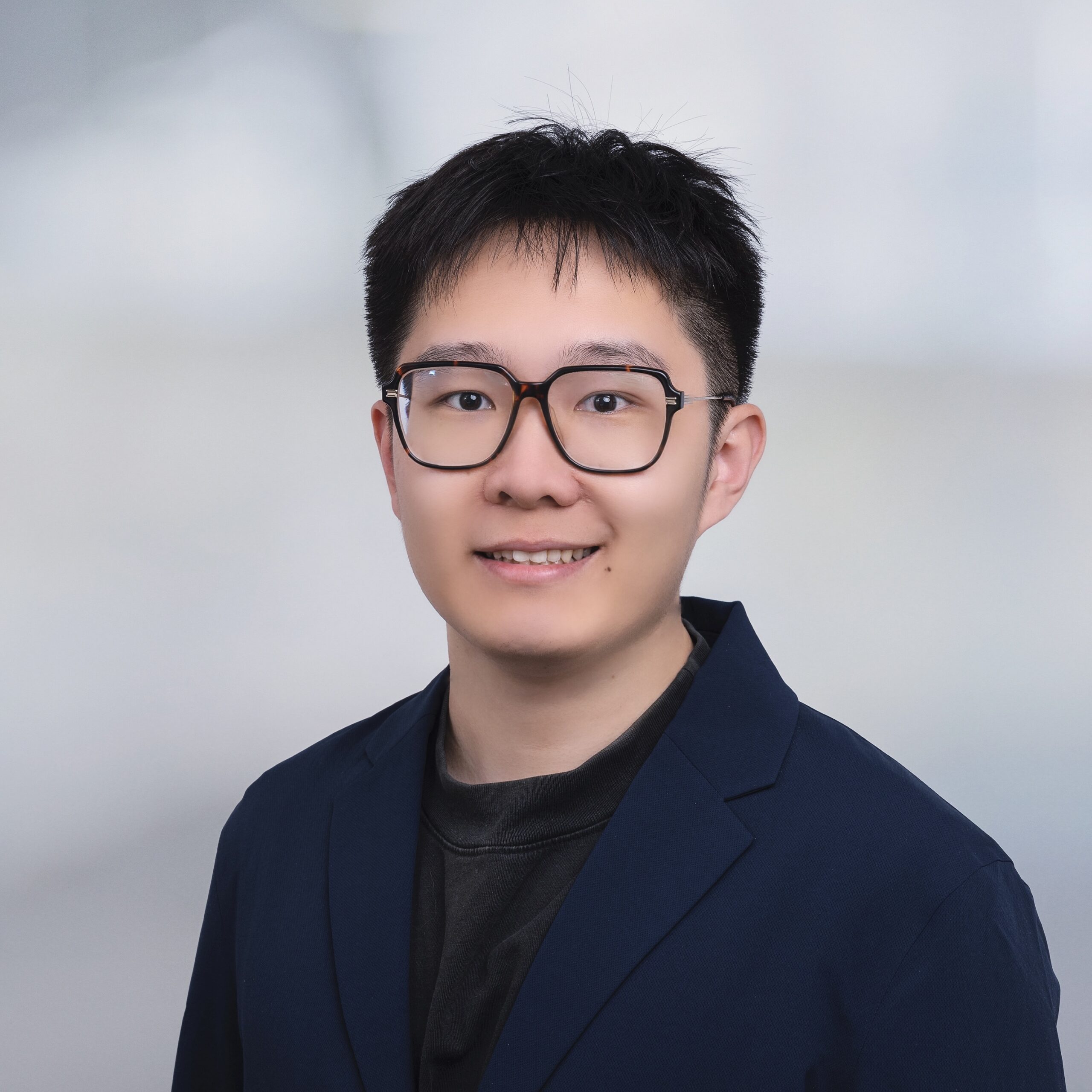
h.peng@umcg.nl
Phd student
Jiafei Wu
I’m Jiafei
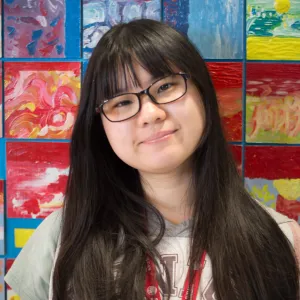
j.wu@umcg.nl
Phd student
Tim Krempel
I have a BSc. in Nutrition Sciences and a MSc in Cellular and Molecular Biotechnology. In my PhD I study the functional potential of the gut microbiome at the species and strain level, focusing on metabolic capabilities and their impact on host interactions. By analyzing genomic variation across strains, I aim to uncover structural differences that may influence microbial function and adaptation. My research integrates metagenomic, genomic, metabolomic, and host phenotype data to explore how these variations shape microbial communities and their metabolic roles. Ultimately, I seek to improve our understanding of how gut microbes contribute to health and disease.
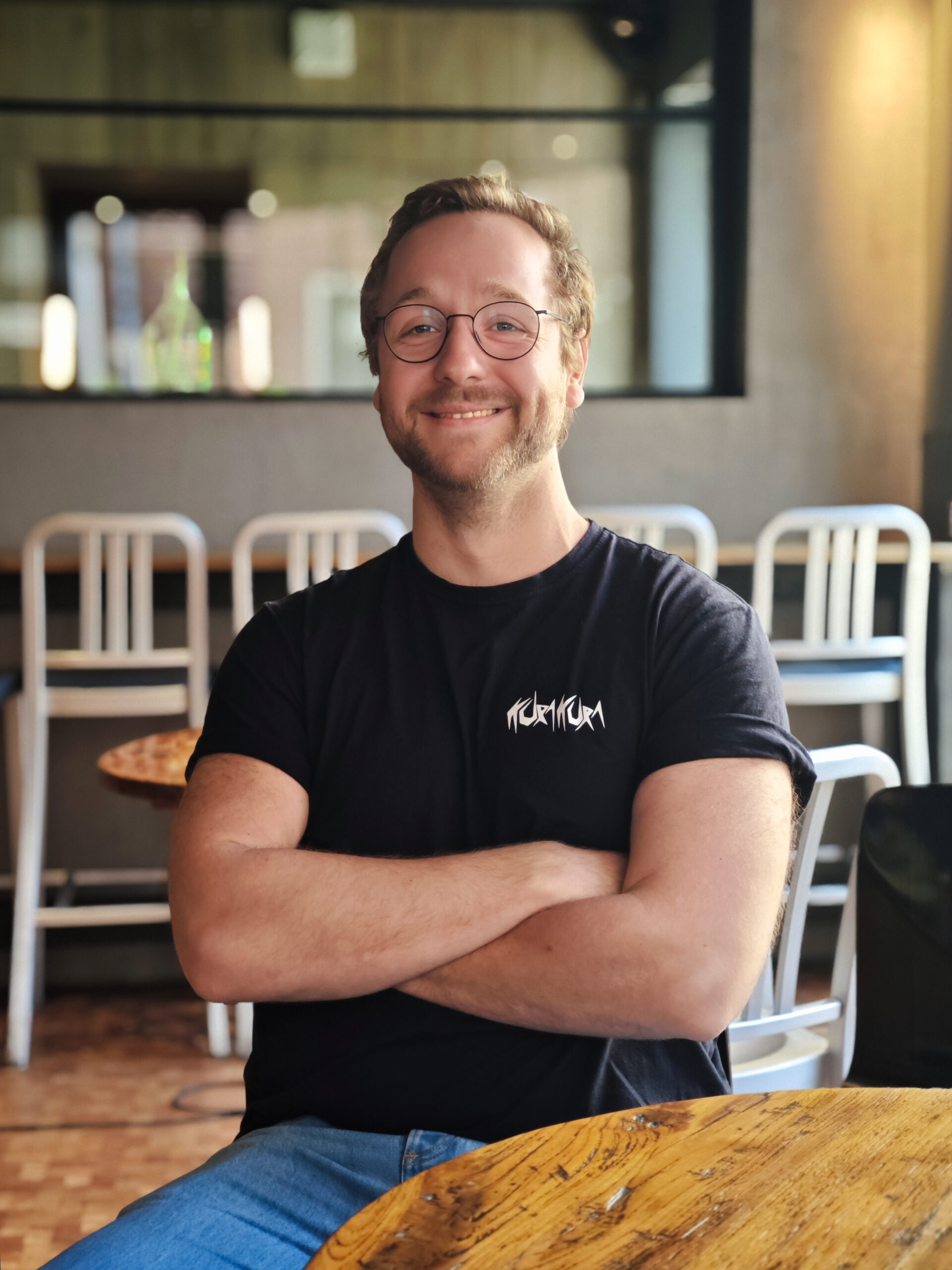
t.krempel@umcg.nl
Phd student
Archontis Goumagias
With an MSc in Bioinformatics & Systems Biology from the Vrije Universiteit Amsterdam and University of Amsterdam and a BSc in Molecular Biology & Genetics from the Democritus University of Thrace, my main research interest lies in the integration of microbial protein structures into metagenomics and other -omics analyses focusing on the human gut microbiome. My research consists of three main components: developing and applying structural bioinformatics and cheminformatics methods to predict novel microbial enzyme functions and metabolites, investigating the impact of microbial genetic variation on protein structures and functions and integrating this information to better understand host-microbe interactions and the capabilities of metabolizing drugs and dietary compounds. In addition to studying bacterial communities, my aim is also to shed light on the largely unexplored human gut mycobiome.
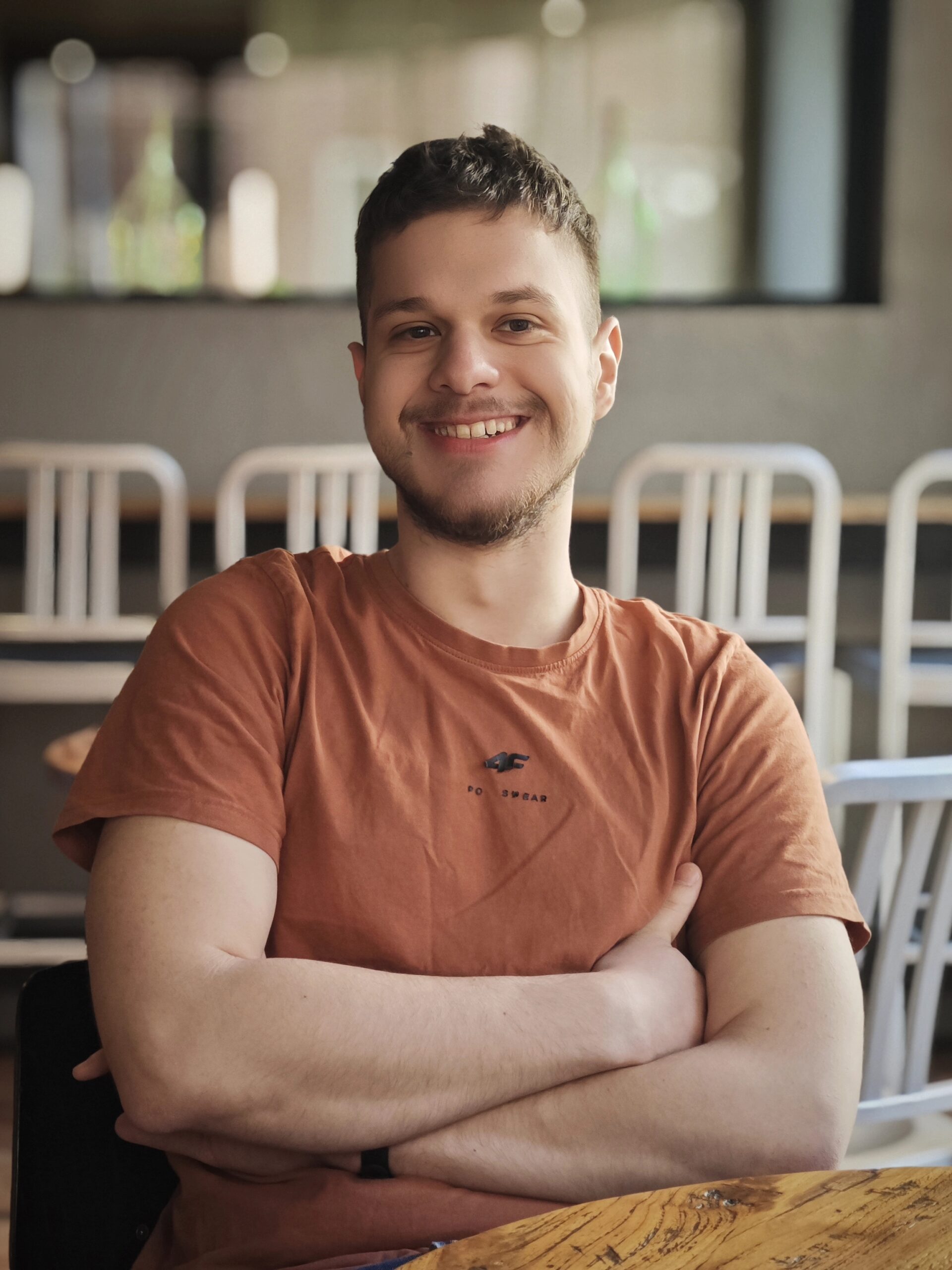
a.goumagias@umcg.nl
Phd student
Qiang Zhao
I received my MSc in Bioinformatics (cum laude) from Vrije Universiteit Amsterdam and the University of Amsterdam, where I interned at Erasmus MC on improving uncertainty estimation in deep learning for tumor diagnosis. In September 2025, I joined Fu Lab to advance AI for biomedicine. My research focuses on developing AI methods to integrate multi-omics data, with an emphasis on the gut microbiome. The goal of my project is to gain a deeper understanding of the molecular mechanisms underlying healthy aging and to provide more accurate and reliable risk stratification for disease.
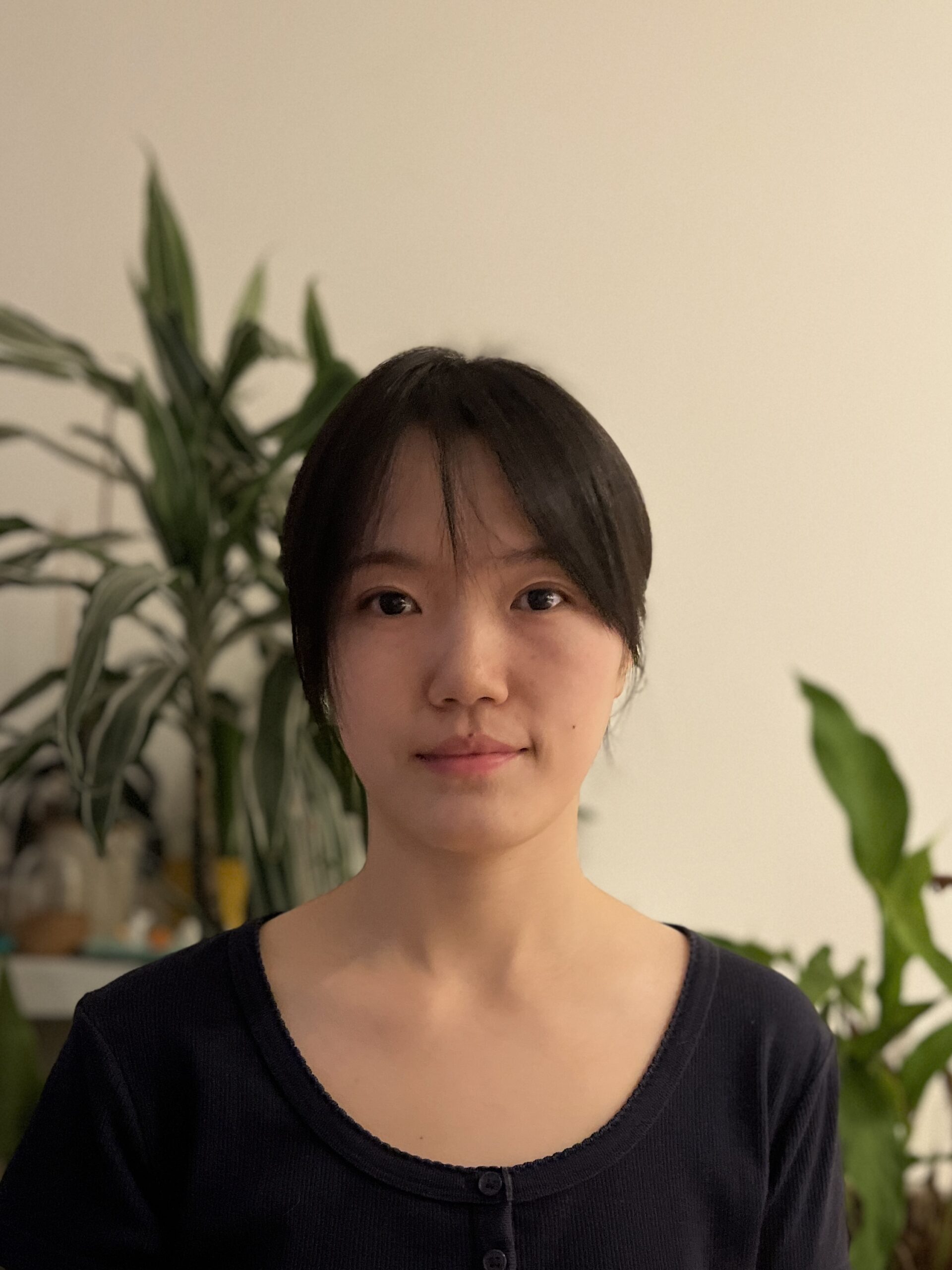
q.zhao01@umcg.nl